A SHORT MEMOIR

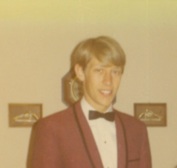



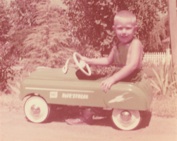
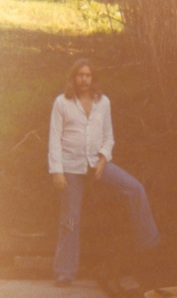
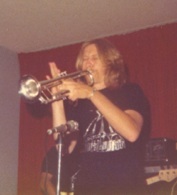
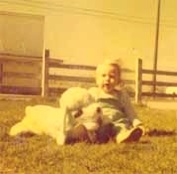
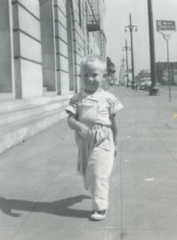
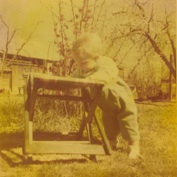

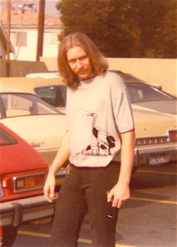

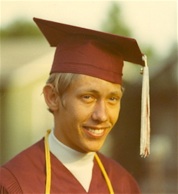
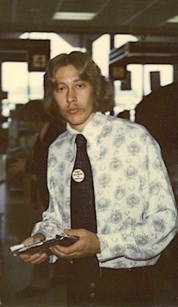
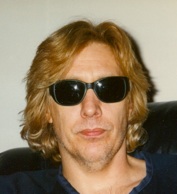
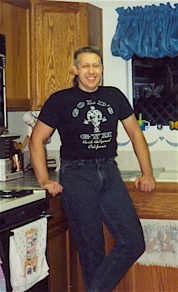




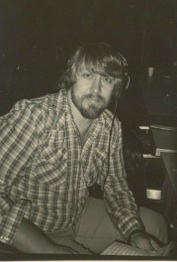
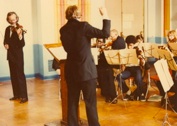


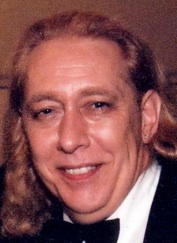
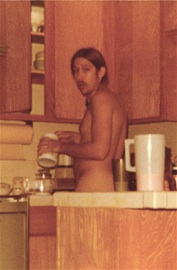

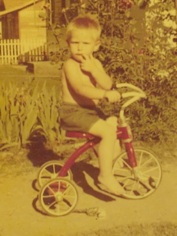
PART 2
I go to college, I practice trumpet, I study scores, I write music. I drop out of college and play in various dance bands while arranging the horn charts. For a few years, I do a lot of studio work playing trumpet and sometimes I do the horn and string arranging. I get married and have a family. I decide to concentrate on composing and retire from trumpet playing – my last gig: recording a brief baroque-like trumpet solo. I continue composing Classical music and have now finished about 20 pieces. I need to study orchestrating and have two options: go back to school and wonder how we’ll manage financially or study orchestration by copying music and make some money in the process. I choose music copying.
I’m a music copyist for films and TV. The money’s good. I send out a bunch of tapes, land some very decent TV scoring work and no longer have to copy music. I learn how to promote myself. Work is coming along well, yet I continue composing my Classical stuff. At night and on the weekends, I study scores and compose music. I now have over 40 pieces of music.
One day, in a moment of uncertainty, I gaze at the green pastures of predictable income and I’m back to music copying. I don’t dislike the activity, I dislike the fact that I’m doing it again. Nevertheless, I continue composing and now have over 60 finished pieces, which are in the filing cabinet in the garage.
I finally quit the music copying business. The income takes a dive for a while but everyone in my family is great: they understand. I’m happy.
PART 2.5
Along the way, I get some great gigs: arrangements for Chicago and Ann-Margret, and orchestrations for Barbra Streisand and Quincy Jones and Elmer Bernstein. My music is in films (Reservoir Dogs, Naked Gun 2 1/2, Seven, She Devil, All the Right Moves and a bunch of others) and hundreds and hundreds of television shows worldwide. All those horn and string arrangements (over a hundred Jazz, Pop and Show tunes, all recorded and released) were fun to do. And those hours and hours of orchestrations – more than I can remember – were a challenge happily undertaken. Even Howard Stern plays my music everyday on his radio show.
PART 3
I retrieve my scores from the filing cabinet in the garage. Some I throw away, some I decide to salvage, a few I keep pretty much as-is. I begin the long process of transferring them to the computer, doing little fix-ups along the way. I write some new music. I send out letters to get performances (something I’ve never done before) and it works very well.
I decide that I’d like to score some more films. Many more. I decide to create a website. The first thing I create is a page listing the things I do and offer, then I create a brief resume-type page. I then add some mp3s, a smattering of score pages, a collection of photos, several examples of my writing, and my collection of quotes on music and art.
The thing is, I need to write a Curriculum Vitae but don’t really know how to go about it. I ponder my self-assigned task for a few days but my thoughts are more along the lines of a memoir. Finally, on a wet Thursday night in September, I begin:
I’m a kid growing up far away from the crossroads of music making…


